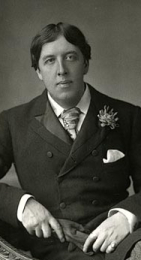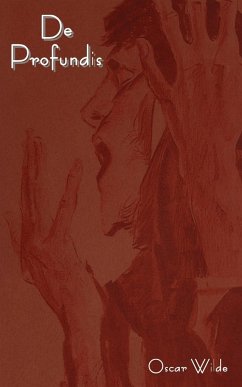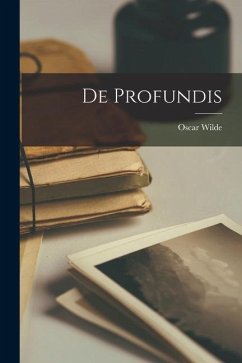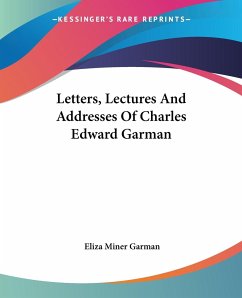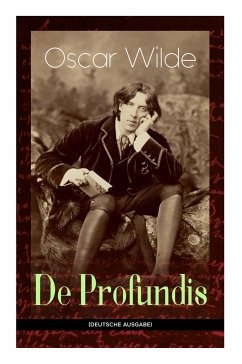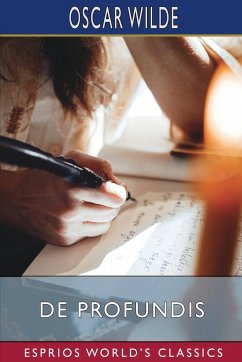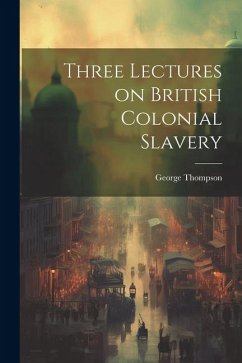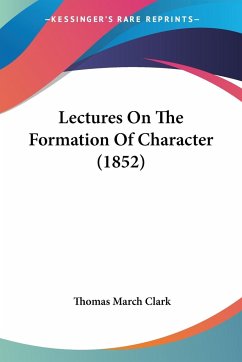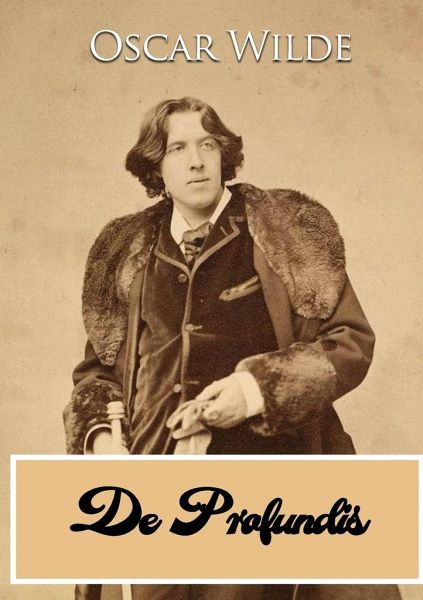
De Profundis
a letter written by Oscar Wilde during his imprisonment in Reading Gaol, to "Bosie" (Lord Alfred Douglas)
Versandkostenfrei!
Versandfertig in 1-2 Wochen
16,99 €
inkl. MwSt.

PAYBACK Punkte
8 °P sammeln!
De Profundis is a letter written by Oscar Wilde during his imprisonment in Reading Gaol, to "Bosie" (Lord Alfred Douglas).In its first half Wilde recounts their previous relationship and extravagant lifestyle which eventually led to Wilde's conviction and imprisonment for gross indecency. He indicts both Lord Alfred's vanity and his own weakness in acceding to those wishes. In the second half, Wilde charts his spiritual development in prison and identification with Jesus Christ, whom he characterises as a romantic, individualist artist. The letter began "Dear Bosie" and ended "Your Affectionat...
De Profundis is a letter written by Oscar Wilde during his imprisonment in Reading Gaol, to "Bosie" (Lord Alfred Douglas).In its first half Wilde recounts their previous relationship and extravagant lifestyle which eventually led to Wilde's conviction and imprisonment for gross indecency. He indicts both Lord Alfred's vanity and his own weakness in acceding to those wishes. In the second half, Wilde charts his spiritual development in prison and identification with Jesus Christ, whom he characterises as a romantic, individualist artist. The letter began "Dear Bosie" and ended "Your Affectionate Friend".Wilde wrote the letter between January and March 1897, close to the end of his imprisonment. Contact had lapsed between Douglas and Wilde and the latter had suffered from his close supervision, physical labour, and emotional isolation. Nelson, the new prison governor, thought that writing might be more cathartic than prison labour. He was not allowed to send the long letter which he was allowed to write "for medicinal purposes" each page was taken away when completed, and only at the end could he read it over and make revisions. Nelson gave the long letter to him on his release on 18 May 1897.Wilde entrusted the manuscript to the journalist Robert Ross (another former lover, loyal friend, and rival to "Bosie"). Ross published the letter in 1905, five years after Wilde's death, giving it the title "De Profundis" from Psalm 130. It was an incomplete version, excised of its autobiographical elements and references to the Queensberry family various editions gave more text until in 1962 the complete and correct version appeared in a volume of Wilde's letters.In 1891 Wilde began an intimate friendship with Lord Alfred Douglas, a young, vain aristocrat. As the two grew closer, family and friends on both sides urged Wilde and Douglas to lessen their contact. Lord Alfred's father, the Marquess of Queensberry, often feuded with his son over the topic. Especially after the suicide death of his eldest son, the Viscount Drumlanrig, Queensberry privately accused them of improper acts and threatened to cut off Lord Alfred's allowance. When they refused, he began publicly harassing Wilde. In early 1895 Wilde had reached the height of his fame and success with his plays An Ideal Husband and The Importance of Being Earnest on stage in London. When Wilde returned from holidays after the premieres, he found Queensberry's card at his club with the inscription: "For Oscar Wilde, posing somdomite ".Unable to bear further insults and encouraged by Lord Alfred (who wanted to attack his father in every possible way), Wilde sued Queensberry for criminal libel. Wilde withdrew his claim as the defence began, but the Judge deemed that Queensberry's accusation was justified. The Crown promptly issued a warrant for his arrest and he was charged with gross indecency with other men under the Labouchere Amendment in April 1895.



